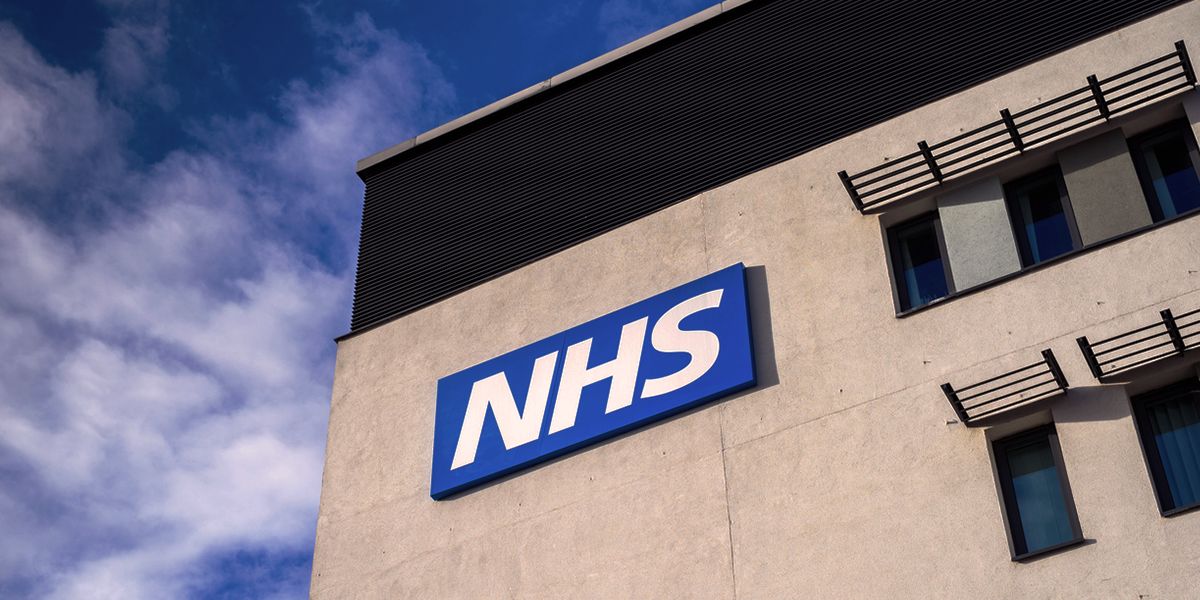A study finds that intensive insulin therapy in type 1 diabetes patients over a 6.5 year period significantly reduces the long-term risk of ocular surgery.
This analysis was taken from data in the Diabetes Control and Complications Trial (DCCT) between 1983 and 1989. 1,441 patients with type 1 diabetes received either intensive insulin therapy or conventional therapy to prevent episodes of hyperglycemia.
Intensive diabetes therapy involves frequent blood testing and regular insulin injections. Conventional therapy, meanwhile, usually involves one to three daily injections and involves meal planning, exercise and regular clinic trips.
Over the 6.5 year DCCT study period, the intensive therapy achieved average HbA1c results of 7.2 per cent compared to the conventional therapy group which achieved average HbA1c levels of 9.1 per cent.
1,375 of these patients were followed in the Epidemiology of Diabetes Interventions and Complications (EDIC) study, while patients’ history of ocular surgical procedures was obtained annually.
Over a median follow-up period of 23 years, 130 ocular operations were performed in 63 of 711 patients who were assigned to the intensive therapy group. Conversely, 189 operations were performed in 98 patients from the conventional therapy group.
The researchers of the DCCT/EDIC clinical trials found that intensive insulin therapy was associated with a 48 per cent reduced risk of diabetes-related ocular surgery. For any ocular surgery, this risk was reduced to 37 per cent.
Another significant difference between the two groups included 42 patients from the intensive therapy group undergoing cataract extraction compared to 61 in the conventional therapy group.
The costs of surgery were 32 per cent lower in the intensive-therapy group, while the benefits of intensive therapy were still applicable when HbA1c levels over the follow-up period were accounted for.
This study was funded by the National Institute of Diabetes and Digestive and Kidney Diseases and others, including DCCT/EDIC ClinicalTrials.gov numbers.
What's new on the forum? ⭐️
Get our free newsletters
Stay up to date with the latest news, research and breakthroughs.







